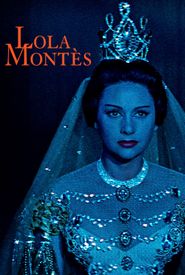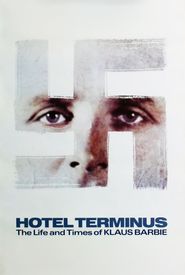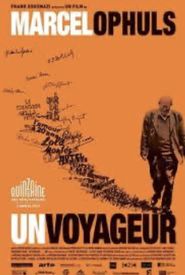Marcel Ophuls, the son of renowned German filmmaker Max Ophüls, embarked on a life-altering journey that would shape his future. He spent his formative years in Hollywood, where he briefly served with a U.S. Army theatrical unit in Japan in 1946. Following his stint in the military, Ophuls attended the University of California, Berkeley.
In 1950, he made the bold decision to move to Paris, where he became a naturalized French citizen in 1938. Ophuls enrolled at the Sorbonne to study philosophy, but his academic pursuits were cut short when he seized the opportunity to work in the film industry as an assistant to Anatole Litvak and Julien Duvivier.
This marked the beginning of Ophuls' illustrious career in filmmaking. He went on to collaborate with his father on the film Lola Montès in 1955, which allowed him to cross paths with the esteemed French actress Jeanne Moreau. Moreau, impressed by Ophuls' talent, agreed to finance his own project, the detective comedy Banana Peel, a Franco-Italian-German co-production starring Moreau and Jean-Paul Belmondo. Critics praised the film, describing it as "a cheerful and inventive film with some inspired dialogue."
Ophuls' next venture, the thriller Faites vos jeux, mesdames, unfortunately did not meet the same level of success. However, he persevered and went on to work on his magnum opus, the documentary The Sorrow and the Pity, which was released in 1969. This film was a scathing critique of French collaboration with Nazi Germany during World War II and sparked controversy, earning Ophuls both praise and criticism.
The documentary was followed by The Memory of Justice, another anti-war film that unfortunately ran into legal issues and financially drained Ophuls. He took a four-year hiatus, during which he focused on the lecture circuit, before returning to filmmaking.
Ophuls' next project, Hôtel Terminus, won him an Academy Award in 1988. This documentary told the poignant story of Gestapo chief Klaus Barbie, from his innocent childhood to his transformation into a war criminal. Ophuls has since served on the board of the French Filmmakers Society and has continued to create documentaries that explore investigative journalism and the impact of Germany's reunification.
Throughout his illustrious career, Marcel Ophuls has demonstrated his unwavering dedication to his craft, tackling complex and controversial subjects with unflinching honesty and integrity.

























